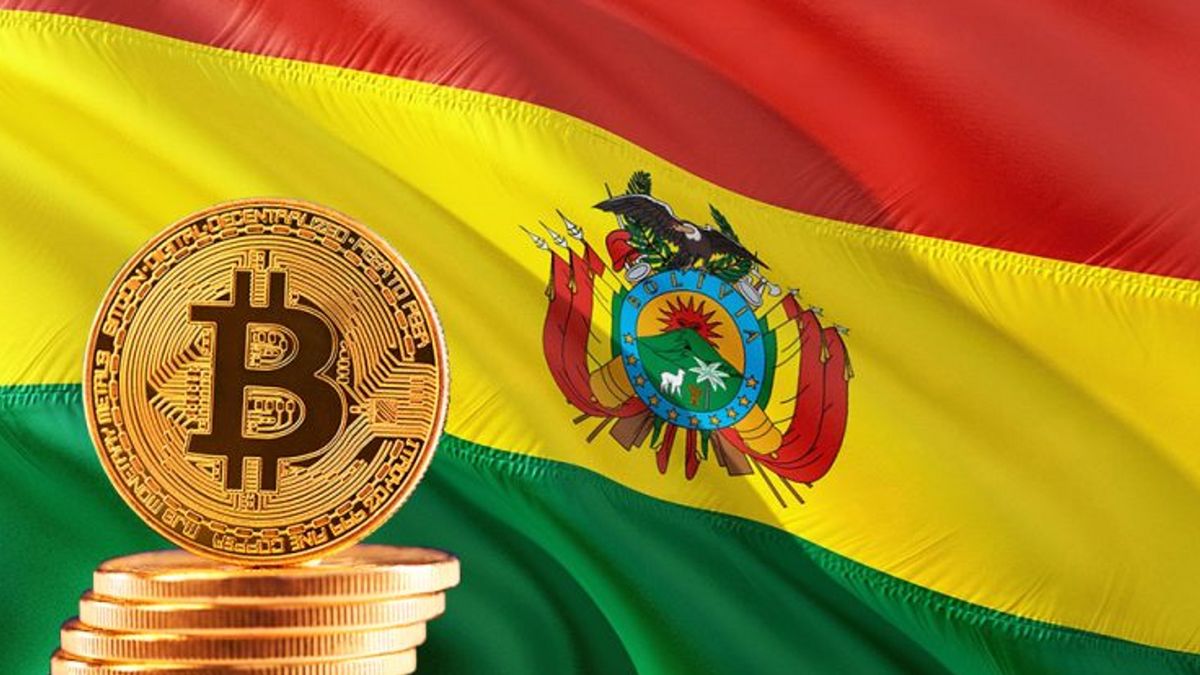In the ongoing financial crisis, small and medium-sized enterprises in Bolivia are rapidly adopting cryptocurrency payments. As trust in fiat currency collapses, various small businesses such as restaurants and beauty salons are beginning to accept crypto assets as a medium of exchange.
Cryptocurrency trading volume surged by 530% year-on-year in the first half of 2025. Data from the Central Bank of Bolivia shows that the annual crypto trading volume skyrocketed from $46.5 million to $294 million.

This phenomenon stems from the severe financial crisis the country is facing:
The Bolivian currency has depreciated by over 50% on the black market.
The central bank's dollar reserves are depleted.
Fuel shortages compounded by historic inflation.
In contrast, crypto assets are showing a stability advantage. The public is protecting their savings purchasing power through stablecoins like Bitcoin (BTC) and Tether (USDT). According to former central bank president José Gabriel Espinosa, the country's daily USDT trading volume may reach $600,000. Although this is still small compared to the $12-14 million cash black market scale, the reliance on crypto is rapidly increasing.
Global Trends Amidst Inflation Storms
Bolivia is not an isolated case; more countries are turning to cryptocurrencies due to inflationary pressures:
Turkey: Hyperinflation in 2023 triggered a wave of crypto adoption.
Lebanon: A large-scale phenomenon of crypto assets replacing fiat currency emerged in the same year.
Argentina: In 2023, the inflation rate exceeded 100%, with $85.4 billion in cryptocurrency received throughout the year (the highest in Latin America).
免责声明:本文章仅代表作者个人观点,不代表本平台的立场和观点。本文章仅供信息分享,不构成对任何人的任何投资建议。用户与作者之间的任何争议,与本平台无关。如网页中刊载的文章或图片涉及侵权,请提供相关的权利证明和身份证明发送邮件到support@aicoin.com,本平台相关工作人员将会进行核查。




